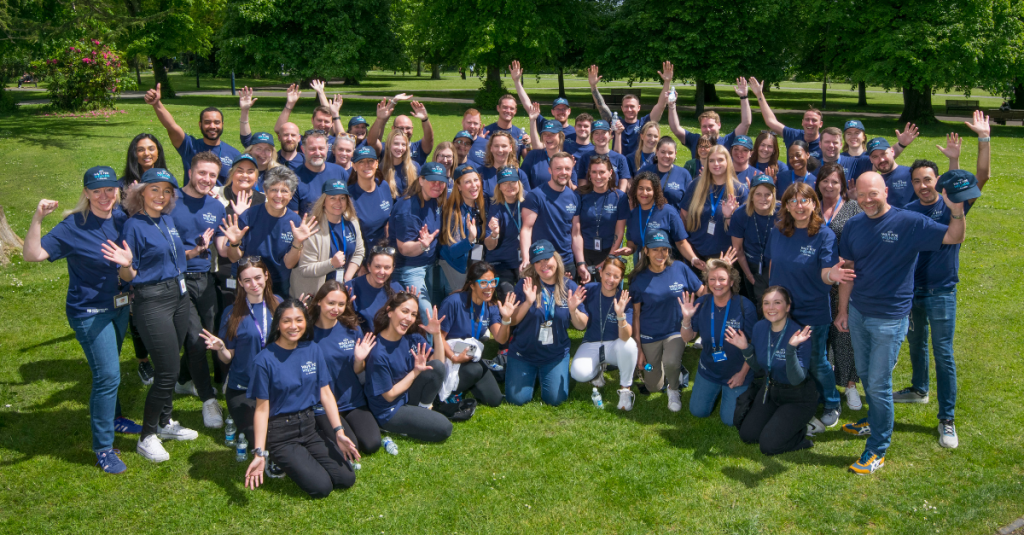In a remarkable achievement, agents representing Norwegian Cruise Line (NCL) have successfully exceeded their participation goal for the Walk for Wellness initiative. Within just two weeks, the initial target of 40,000 miles was overachieved, highlighting the dedication of over 1,200 involved agents.
This ambitious month-long endeavour was designed to not only encourage physical activity among agents but also to promote mental health awareness within the travel industry. The broad participation has been met with enthusiasm, reflecting a strong commitment from NCL and its agents to these important causes.
In recognition of this overwhelming response, NCL announced contributions totalling £15,000 to two significant industry charities: Abta LifeLine and the ITAA Benevolent Fund. Despite surpassing the initial goal, NCL continues to motivate participants by offering additional rewards, including eight cruises on the Norwegian Aqua and various weekly prizes. This strategy serves to further incentivise continued participation beyond the initial target.
“We are thrilled that we’ve achieved what we set out to do,” Anslow shared, “which was to get everyone walking, increase awareness of the importance of the link between mental health and fitness, and raise money for two charities who directly benefit those working in our beloved travel industry.”
The initiative’s success story resonates beyond NCL, potentially inspiring other firms to incorporate wellness programmes. The focus on comprehensive well-being, incorporating physical exercise and mental health, is becoming an industry standard, demonstrating that travel companies are increasingly concerned with holistic employee care.
Looking ahead, NCL plans to expand its wellness initiatives, reinforcing their commitment to agent health and satisfaction. The company aims to make wellness a cornerstone of its corporate culture, setting a new standard for the travel industry.
The agents’ testimonials serve as powerful endorsements for the continuation and expansion of wellness initiatives. They also showcase the role these programmes play in improving workforce dynamics, contributing to higher morale and productivity. As these stories surface, they further validate the success of NCL’s Walk for Wellness endeavour.
NCL’s foresight in combining physical activity with mental health awareness has set a transformative example for the industry. Their holistic approach has proven effective in promoting health and well-being, which is likely to influence future industry practices.
In conclusion, the Walk for Wellness initiative by NCL is a testament to the power of collective effort in achieving significant health milestones in a short timeframe. The campaign not only met its targets but also created a sustainable dialogue about employee wellness, influencing the industry at large. This effort underscores the importance of integrating health and wellness into the corporate culture, setting the pace for future initiatives.
NCL’s Walk for Wellness has demonstrated the remarkable results possible when industry stakeholders come together for a common cause. The initiative has not only met its initial goals but has cultivated a broader conversation on the benefits of wellness programmes. As the travel industry evolves, such efforts will play a crucial role in supporting both employee health and organisational success.

